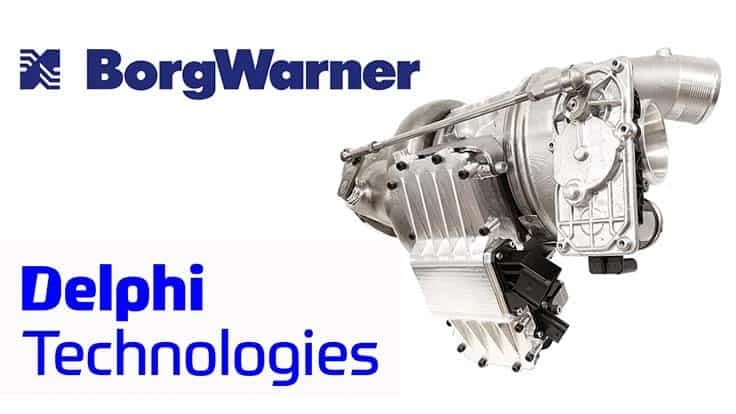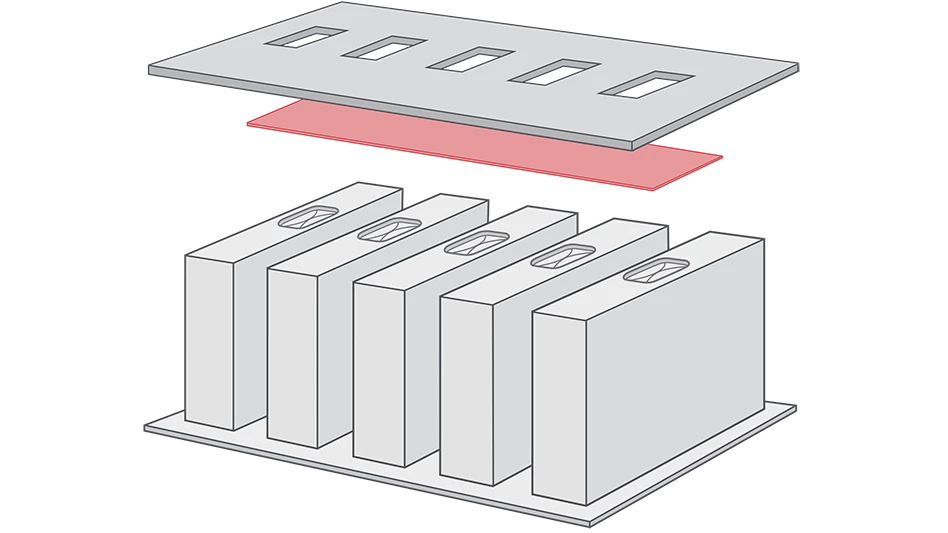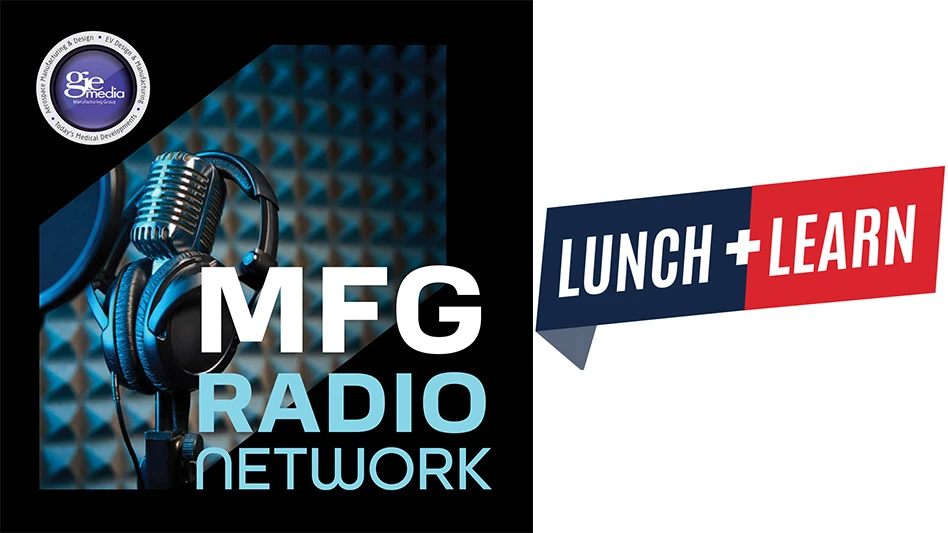
BorgWarner, Delphi
Cleveland, Ohio – One of the largest suppliers of turbochargers in the world is buying General Motors’s (GM’s) former parts division Delphi for $3.3 billion in a bid to become a major supplier of powertrains for hybrids and electric vehicles (EVs).
BorgWarner has several electric system technologies, mainly centered around hybrids or electrified power boosting such as electric turbochargers. Delphi will provide more technologies and expertise in power conversion for fully electric cars, electronic controls, automotive integrated circuits.
“Combining with Delphi Technologies is consistent with BorgWarner’s evolution towards the propulsion market of the future and would enable BorgWarner to maintain flexibility across combustion, hybrid, and electric propulsion,” company officials said in announcing the purchase.
Following the purchase, which the companies expect to close by the end of 2020, BorgWarner’s current shareholders will own about 84% of the merged company with 16% going to Delphi.
In addition to electric drive, both companies offer a range of gasoline and diesel technologies. In addition to turbocharges, BorgWarner is a major supplier of transmission systems, starter motors, variable valvetrain systems, and other powertrain components. Delphi offers high-pressure gasoline direct-injection fuel systems, ignition systems, high-accuracy fuel gages, and test equipment.
In 2019, the companies had a combined $14.5 billion in sales.
“This exciting transaction represents the next step in BorgWarner’s balanced propulsion strategy, strengthening our position in electrified propulsion as well as our combustion, commercial vehicle, and aftermarket businesses,” said Frédéric Lissalde, president and CEO of BorgWarner who will continue to hold that position following the merger.
On the power electronics side, BorgWarner officials say they’re excited to get Delphi’s:
- High-voltage inverters
- Converters
- On-board chargers
- Battery management systems
- Software
- Systems integration
- Thermal management
BorgWarner hopes to cut costs by $125 million by 2023, primarily in administrative and procurement savings.
About the author: Robert Schoenberger is the editor of Today's Motor Vehicles and a contributor to Today's Medical Developments and Aerospace Manufacturing and Design. He has written about the automotive industry for more than 19 years at The Plain Dealer in Cleveland, Ohio; The Courier-Journal in Louisville, Kentucky; and The Clarion-Ledger in Jackson, Mississippi.
Get curated news on YOUR industry.
Enter your email to receive our newsletters.Latest from EV Design & Manufacturing
- Advancing nickel-based cathodes for longer electric vehicle range
- Join us for insights on one of the hottest topics in manufacturing!
- Newly launched company specializes in battery management services
- You can still register for March’s Manufacturing Lunch + Learn!
- Toyota, EVgo launch new DC fast charging stations in California
- ElectricFish cuts grid upgrade costs with redesigned power bank
- How to Reduce First Article Inspection Creation Time by 70% to 90% with DISCUS Software
- Battery Cell Production project takes a collaborative approach to EV battery manufacturing






